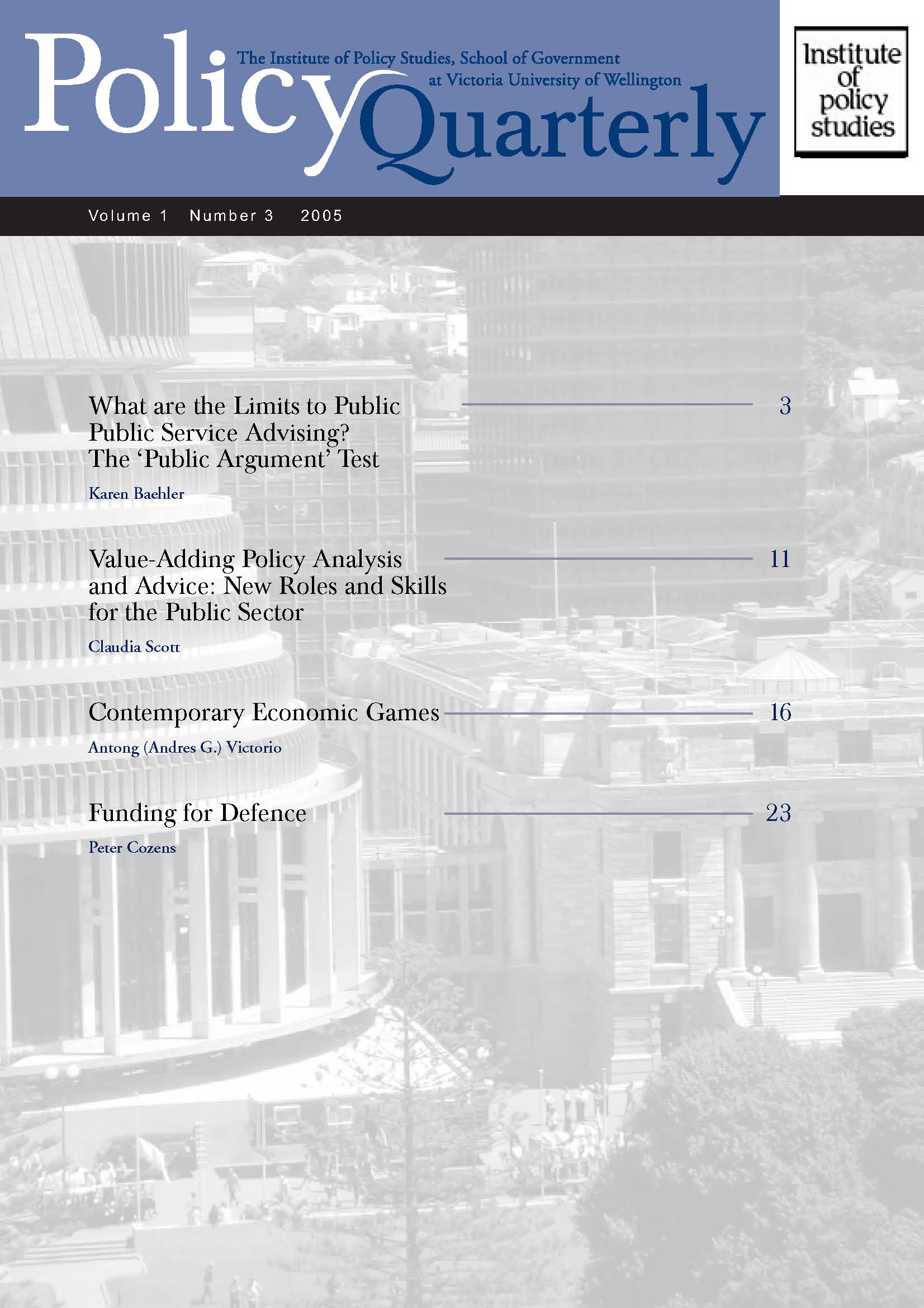Contemporary economic games
DOI:
https://doi.org/10.26686/pq.v1i3.4236Keywords:
Prisoner’s-Dilemma, World Trade Organization (WTO), Dominant-Strategy equilibrium, Non-credible threats, Join, TolerateAbstract
The economic theory of games derives its name from the study of strategic interactions - games - between individuals known as players who are thought to be rational, self-interested and informed. The players use the information to form beliefs about each other’s intentions. Their options for a decision are known as strategies. Their benefits or costs are known as payoffs and their decisions can be an equilibrium. The players may choose whether or not to cooperate with each other. If they do not cooperate, the theory is that of a non-cooperative game and the players are in a situation of conflict.
Downloads
Downloads
Published
Issue
Section
License
Permission: In the interest of promoting debate and wider dissemination, the IGPS encourages use of all or part of the articles appearing in PQ, where there is no element of commercial gain. Appropriate acknowledgement of both author and source should be made in all cases. Please direct requests for permission to reprint articles from this publication to Policy-Quarterly@vuw.ac.nz.



